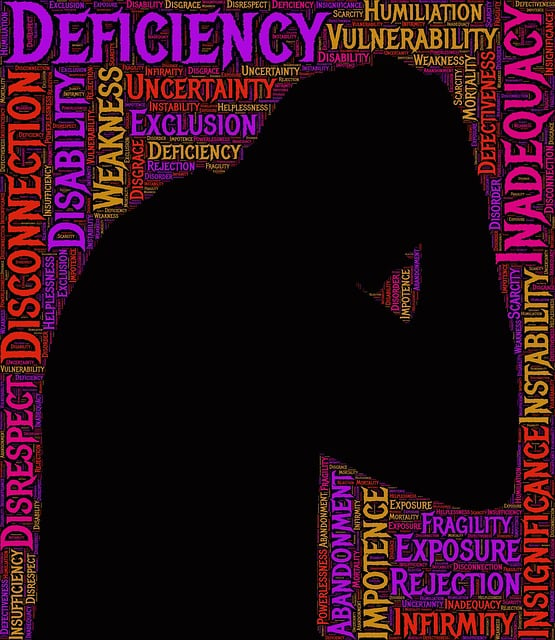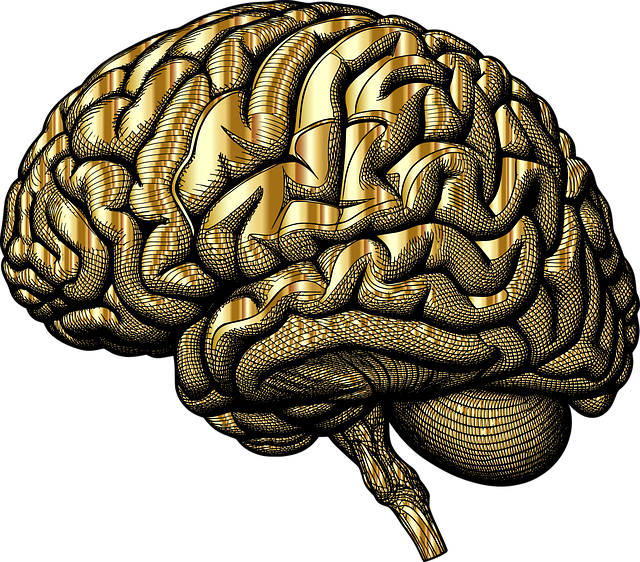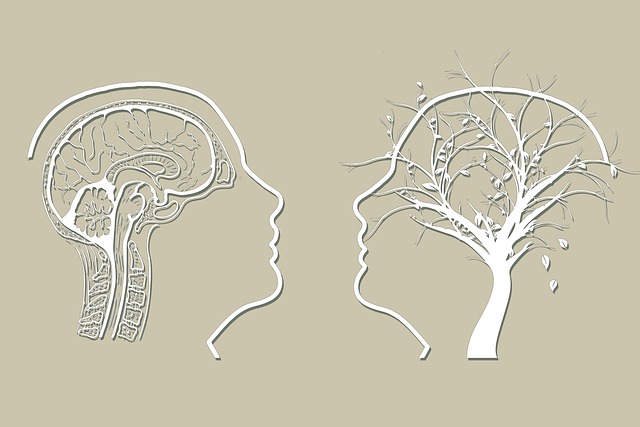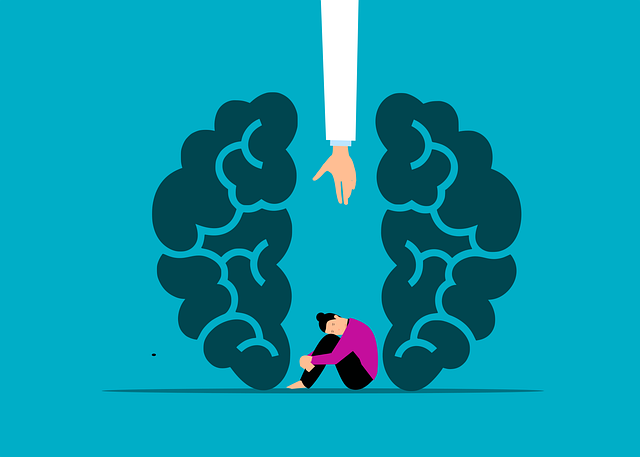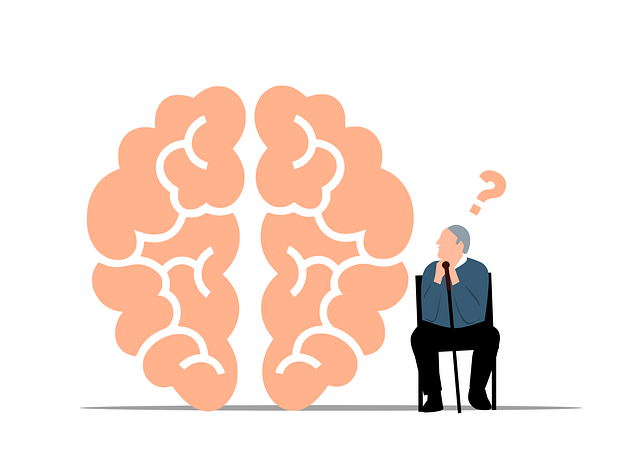Centennial Conduct Disorder (CCD) therapy emphasizes self-care as a powerful tool for individuals to overcome challenges rooted in past traumas or unmet childhood needs. Through empathy, validated feelings, and trauma support, one develops effective self-care routines addressing stress, anxiety, and mental health concerns. This approach fosters resilience, self-compassion, and emotional regulation, integrating mindfulness, physical activity, quality sleep, and nurturing social connections into daily life. Prioritizing these self-care habits leads to lasting positive change, enhanced coping mechanisms, and improved overall well-being for individuals with CCD.
In today’s fast-paced world, self-care is not a luxury but an essential cornerstone of overall well-being. This article explores the transformative power of improving self-care practices, addressing barriers commonly faced by individuals with conditions like Centennial Conduct Disorder (CDO). By delving into strategies for breaking free from unhealthy patterns and cultivating sustainable habits, we aim to empower readers to embark on a journey of enhanced mental and emotional health.
- Understanding Self-Care: The Cornerstone of Well-being
- Identifying Barriers and Breaking Free from Unhealthy Patterns
- Cultivating Sustainable Self-Care Habits for Lasting Change
Understanding Self-Care: The Cornerstone of Well-being

Self-care is a fundamental practice that forms the cornerstone of overall well-being and mental health. It involves taking proactive steps to nurture your physical, emotional, and psychological needs, ensuring a sense of balance and harmony in life. For individuals dealing with conditions like Centennial Conduct Disorder (CCD), implementing effective self-care strategies can be transformative. CCD often presents unique challenges, demanding tailored approaches to foster resilience and positive coping mechanisms.
Through dedicated self-care practices, one can build empathy towards oneself, a crucial aspect of overcoming adversity. This involves recognizing and validating one’s feelings, especially in the face of past traumas or ongoing struggles. Trauma support services play a vital role here, offering tools for resilience building and enabling individuals to develop effective strategies to manage stress, anxiety, and other mental health concerns. By integrating empathy-building strategies into daily routines, individuals with CCD can enhance their ability to navigate life’s challenges, fostering a deeper sense of self-compassion and overall well-being.
Identifying Barriers and Breaking Free from Unhealthy Patterns

Many individuals struggle with identifying barriers to self-care due to deeply ingrained unhealthy patterns. These patterns can stem from various sources, such as past traumatic experiences or unmet needs from childhood, often diagnosed as conduct disorders in therapeutic settings. Centennial Conduct Disorder Therapy offers a path to break free from these cycles by addressing the root causes and replacing them with healthier coping mechanisms.
Through therapy, individuals gain insights into their personal barriers and learn valuable coping skills for stress reduction methods. The process involves cultivating inner strength development, enabling them to navigate life’s challenges with resilience and self-compassion. By mastering these techniques, one can transform their relationship with themselves and create a more balanced and nurturing lifestyle.
Cultivating Sustainable Self-Care Habits for Lasting Change

Cultivating sustainable self-care habits is essential for long-lasting positive change in mental health and overall well-being. This involves integrating practices that support emotional intelligence and stress reduction methods into daily routines, rather than sporadic efforts. Think of it as a journey towards a new, balanced lifestyle, not a quick fix. By consistently practicing mindfulness, engaging in physical activity, prioritizing quality sleep, and nurturing social connections, individuals can build resilience to life’s challenges.
Centennial Conduct Disorder Therapy, for instance, emphasizes the importance of these sustainable habits. It encourages clients to focus on self-care as a way to improve emotional regulation skills, enhance coping mechanisms, and promote positive relationships. Adopting these routines not only benefits individual mental health awareness but also sets individuals up for long-term success in managing stress and cultivating a healthier, happier life.
Self-care is not a luxury but a necessity, especially in navigating life’s challenges. By understanding its significance and identifying barriers, individuals can break free from unhealthy patterns. Through cultivating sustainable habits inspired by Centennial Conduct Disorder Therapy, one can foster lasting change and improve overall well-being. Remember that self-care is a personal journey, and finding the right balance is key to thriving in all aspects of life.




